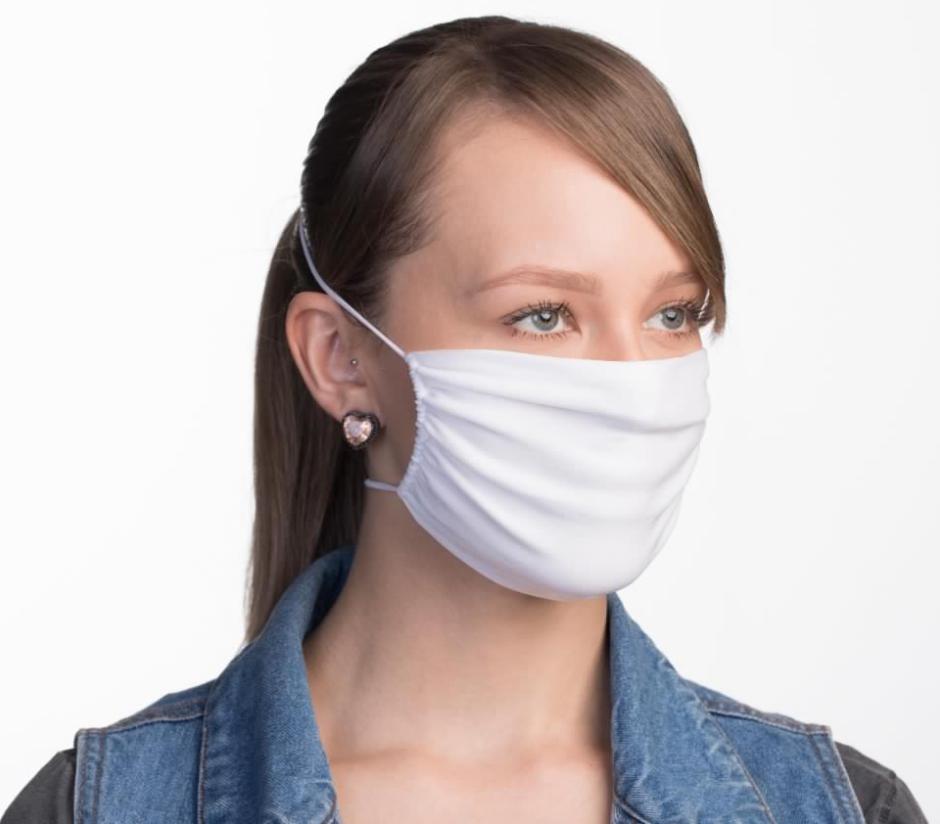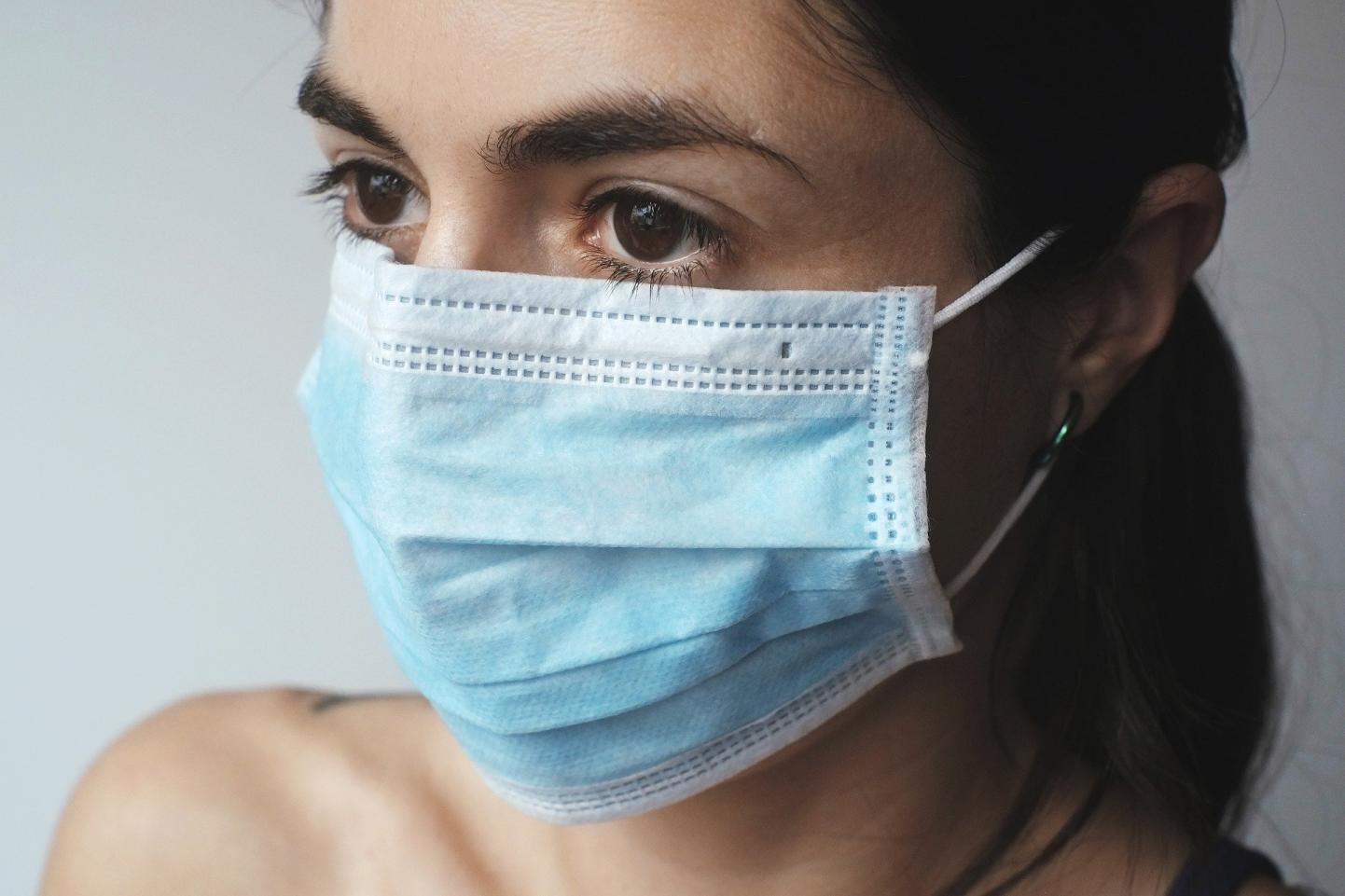Why Are Face Masks Important During a Pandemic?
As the world grapples with the ongoing COVID-19 pandemic, the importance of face masks in preventing the spread of disease has become a topic of critical discussion. This article delves into the significance of face masks during a pandemic, exploring their role in mitigating the transmission of infectious diseases and addressing common misconceptions and concerns.

Understanding The Role Of Face Masks In Preventing The Spread Of Disease
Face masks play a crucial role in reducing the transmission of respiratory droplets and aerosols, which are the primary means by which many infectious diseases, including COVID-19, are spread. When an infected person coughs, sneezes, talks, or breathes, they release respiratory droplets and aerosols containing infectious particles into the air. These particles can then be inhaled by others, leading to infection.
How Face Masks Work
- Physical Barrier: Face masks act as a physical barrier, blocking respiratory droplets and aerosols from entering or exiting the wearer's mouth and nose. This prevents the spread of infectious particles from an infected person to others and reduces the risk of inhaling infectious particles from the surrounding environment.
- Source Control: Face masks also play a vital role in source control, reducing the emission of infectious particles from an infected person. By capturing respiratory droplets and aerosols at the source, face masks help prevent the spread of infection to others, even if the wearer is asymptomatic or unaware of their infection.
- Protection for Others: When worn correctly and consistently, face masks provide protection for others by minimizing the spread of infectious particles from the wearer to those around them. This is particularly important in situations where physical distancing is difficult or impossible, such as in crowded indoor spaces or on public transportation.
Evidence Supporting The Effectiveness Of Face Masks
Numerous scientific studies and research findings have demonstrated the effectiveness of face masks in reducing the transmission of respiratory diseases, including COVID-19. Real-world examples of mask mandates and their impact further support the importance of mask-wearing in controlling the spread of disease.
Scientific Studies And Research Findings
- A study published in the journal The Lancet found that wearing face masks can reduce the risk of COVID-19 infection by up to 85%.
- Another study conducted by the Centers for Disease Control and Prevention (CDC) showed that mask mandates were associated with a significant decrease in COVID-19 cases and hospitalizations.
- A systematic review of over 100 studies concluded that face masks are effective in reducing the transmission of respiratory viruses, including influenza and SARS-CoV-2, the virus that causes COVID-19.
Real-World Examples Of Mask Mandates And Their Impact
- In countries and regions that implemented mask mandates early and consistently, such as Taiwan and South Korea, the spread of COVID-19 was significantly lower compared to areas without mask mandates.
- In the United States, states that implemented mask mandates experienced lower rates of COVID-19 cases and hospitalizations compared to states without mask mandates.
- Case studies of outbreaks in various settings, including schools, workplaces, and public gatherings, have demonstrated that mask-wearing can effectively reduce the transmission of COVID-19.
Addressing Common Misconceptions And Concerns
Despite the overwhelming evidence supporting the effectiveness of face masks, there are still some common misconceptions and concerns about their use. It is important to address these concerns and provide accurate information to encourage mask-wearing.
Debunking Myths And Misinformation About Face Masks
- Myth: Face masks are ineffective in preventing the spread of COVID-19.
- Fact: Numerous scientific studies have shown that face masks are effective in reducing the transmission of COVID-19 and other respiratory diseases.
- Myth: Face masks are harmful to health.
- Fact: Face masks are generally safe to wear and do not pose any significant health risks. The CDC recommends wearing a mask that fits snugly but comfortably against the face and covers the nose, mouth, and chin.
- Myth: Face masks restrict breathing and cause discomfort.
- Fact: While some people may experience mild discomfort initially, most people adapt to wearing a mask quickly. Modern face masks are designed to be breathable and allow for normal breathing.
Addressing Concerns About Comfort, Breathability, And Other Issues
- For individuals with respiratory conditions or other concerns about wearing a mask, there are various types of masks available that offer different levels of breathability and protection.
- Regularly washing or replacing disposable masks and properly cleaning reusable masks helps maintain hygiene and prevent the buildup of contaminants.
- Taking breaks from wearing a mask in well-ventilated outdoor areas or when alone is acceptable, provided physical distancing can be maintained.
Encouraging Mask-Wearing As A Civic Duty

Wearing a face mask during a pandemic is not just a personal choice; it is a civic duty that demonstrates care and respect for others. By wearing a mask, individuals protect not only themselves but also those around them, particularly those who are vulnerable to severe illness.
The Importance Of Personal Responsibility In Protecting Others
- Wearing a mask is a simple yet powerful way to show solidarity and support for the community during a pandemic.
- By wearing a mask, individuals contribute to creating a safer environment for everyone, reducing the risk of transmission and helping to control the spread of disease.
- Mask-wearing is a symbol of unity and collective responsibility, demonstrating a willingness to work together to overcome the challenges of a pandemic.
Mask-Wearing As A Symbol Of Unity And Community
- Wearing a mask is a visible sign of respect for others and a commitment to protecting the health and well-being of the community.
- When everyone wears a mask, it sends a message of unity and solidarity, showing that we are all in this together and willing to do our part to protect each other.
- Mask-wearing can help foster a sense of community and shared responsibility, encouraging individuals to look out for one another and work together to overcome the pandemic.
Promoting Mask-Wearing As A Norm In Society
- Encouraging mask-wearing as a social norm is essential for achieving widespread compliance and reducing the spread of disease.
- Governments, public health agencies, and community leaders can play a crucial role in promoting mask-wearing by providing clear and consistent messaging, implementing mask mandates where appropriate, and setting a positive example by wearing masks themselves.
- Individuals can also contribute to promoting mask-wearing as a norm by consistently wearing masks in public, talking to friends and family about the importance of mask-wearing, and supporting businesses and organizations that require mask-wearing.
Reiterating The Significance Of Face Masks In Pandemic Control
As the world continues to grapple with the ongoing COVID-19 pandemic and other potential outbreaks, the importance of face masks in preventing the spread of disease cannot be overstated. Face masks are a simple yet effective tool that can significantly reduce the transmission of respiratory droplets and aerosols, protecting individuals and communities from infection.
Encouraging Continued Vigilance And Mask-Wearing Practices
- Even as vaccination rates increase and restrictions are lifted, it is important to remain vigilant and continue wearing masks in indoor public spaces and other high-risk settings.
- Mask-wearing should be seen as a collective responsibility and a symbol of solidarity, demonstrating our commitment to protecting ourselves and others.
- By consistently wearing masks, we can help control the spread of disease, protect vulnerable populations, and work towards a safer and healthier future for all.
Emphasizing The Role Of Individual Actions In Mitigating The Spread Of Disease
- While public health measures and government policies are essential, individual actions play a crucial role in mitigating the spread of disease.
- By wearing masks, practicing good hygiene, and following public health guidelines, individuals can help slow the transmission of disease and protect themselves and those around them.
- Every individual's actions matter, and by working together, we can create a safer and healthier environment for everyone.

Face masks are a vital tool in the fight against pandemics and other infectious disease outbreaks. By understanding the role of face masks in preventing the spread of disease, addressing common misconceptions and concerns, and promoting mask-wearing as a civic duty, we can create a safer and healthier world for all.
YesNo

Leave a Reply